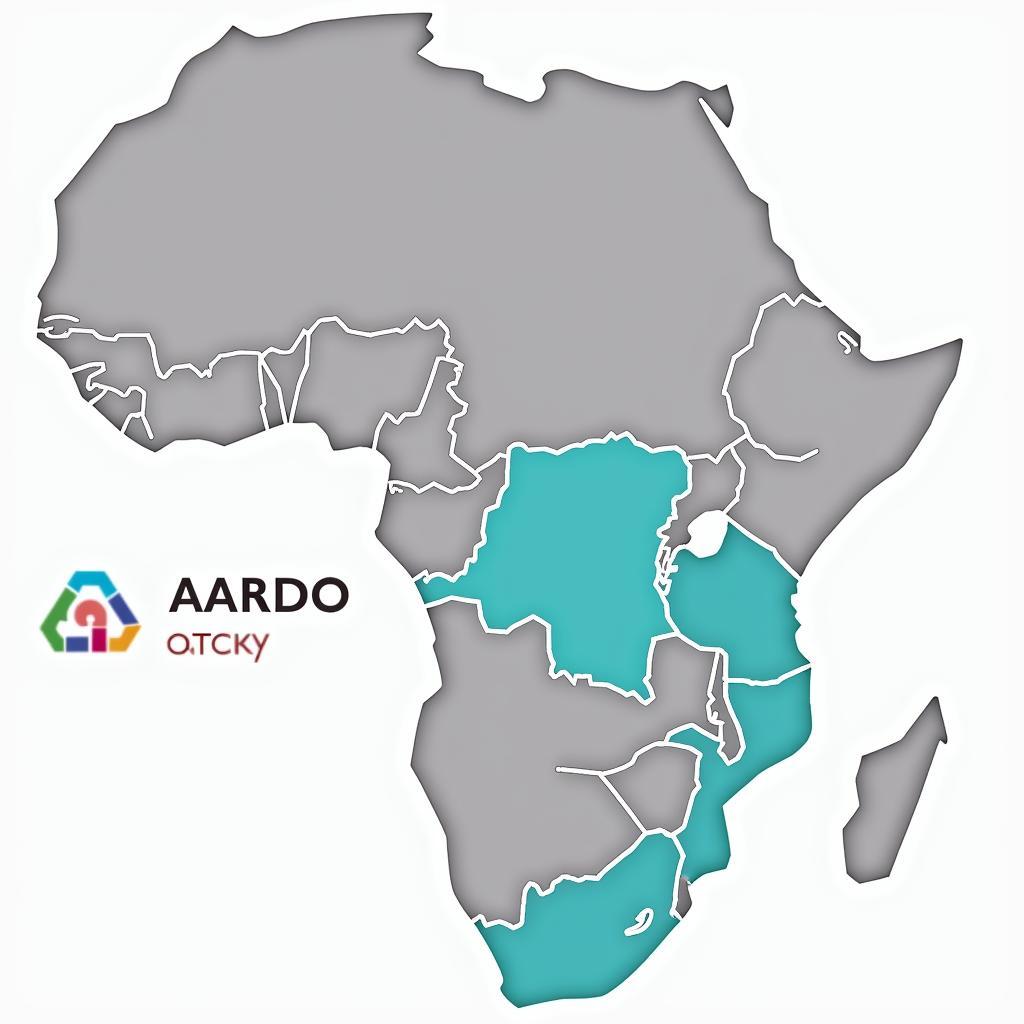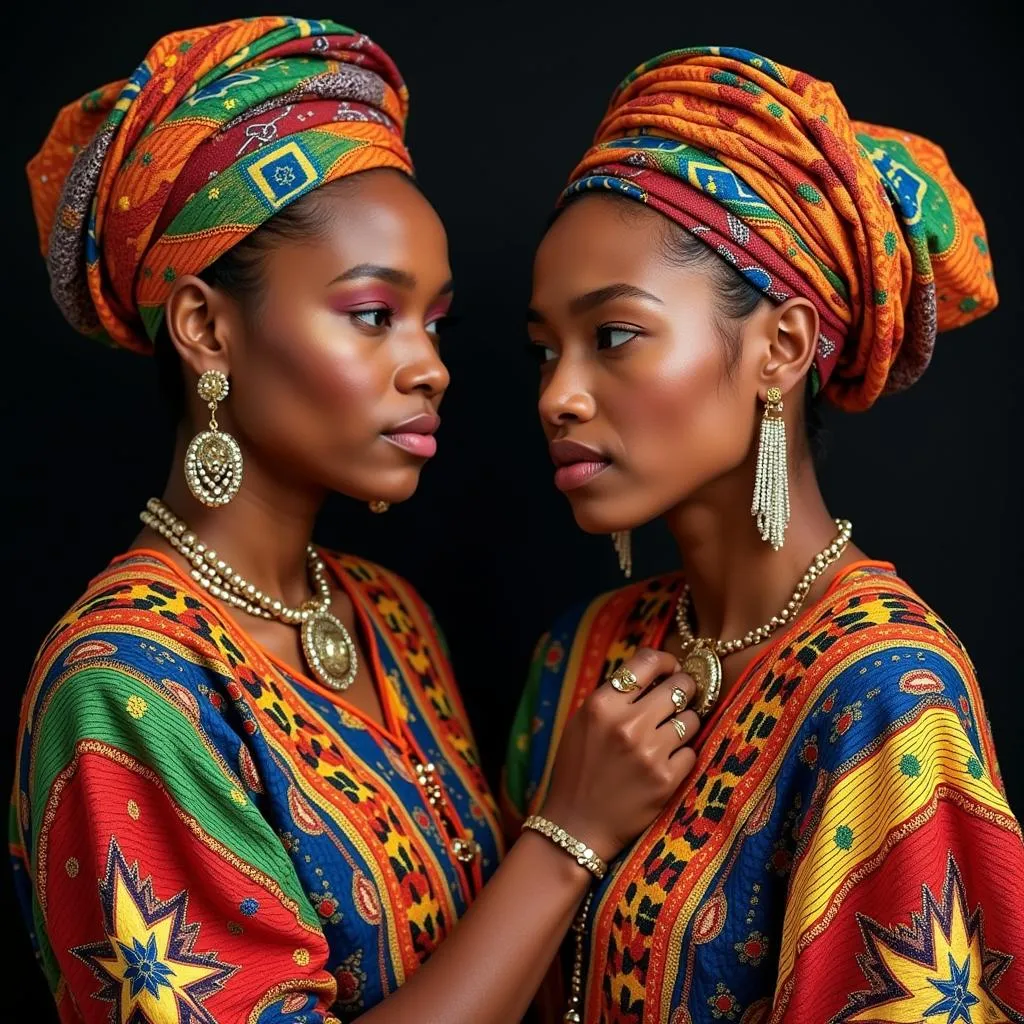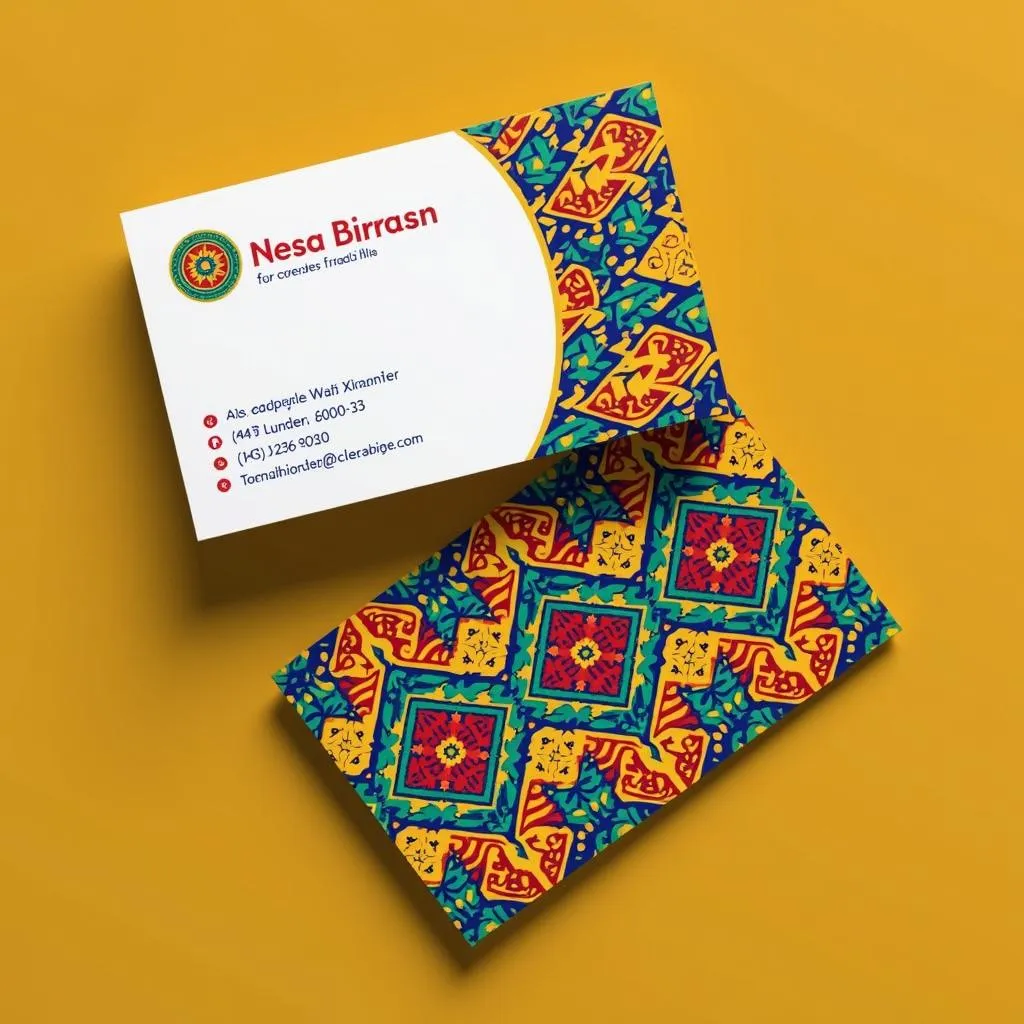African American Male Monologues: A Journey Through Voices and Experiences
African American Male Monologues offer a captivating platform for exploring a rich tapestry of experiences, emotions, and perspectives. These powerful narratives provide a window into the complexities of Black masculinity, navigating societal expectations, confronting historical injustices, and celebrating cultural heritage. As we delve into the world of African American male monologues, we’ll uncover the profound impact they have on storytelling, social consciousness, and artistic expression.
What are African American Male Monologues?
African American male monologues are single-character pieces of dramatic literature, often delivered by actors on stage or screen. These monologues are characterized by their depth of emotion, insightful introspection, and poignant reflections on the Black male experience. They often delve into themes of:
- Identity and Belonging: Exploring the complexities of self-definition, racial identity, and finding a sense of place in a society that often marginalizes Black men.
- Social Justice and Inequality: Examining the historical and ongoing struggle against racism, discrimination, and systemic oppression.
- Family, Community, and Culture: Celebrating the strength, resilience, and traditions of Black families, communities, and cultural heritage.
- Love, Loss, and Redemption: Exploring the spectrum of human emotions, including the joys, sorrows, and challenges of navigating relationships and overcoming adversity.
Why are African American Male Monologues Important?
African American male monologues hold immense importance in today’s world, offering valuable contributions to storytelling, social discourse, and artistic expression. They provide a platform for:
- Amplifying Black Voices: Giving voice to the diverse experiences and perspectives of Black men, often overlooked or misrepresented in mainstream media.
- Promoting Empathy and Understanding: Fostering a deeper understanding of the challenges and triumphs faced by Black men, promoting empathy and breaking down stereotypes.
- Challenging Societal Narratives: Providing a platform for examining and challenging societal narratives that perpetuate racism, sexism, and other forms of discrimination.
- Inspiring Social Change: Inspiring action and advocacy for social justice, equality, and the empowerment of Black men and communities.
Notable African American Male Monologues
Over the years, numerous captivating African American male monologues have emerged, leaving lasting impressions on audiences and contributing to the literary landscape. Some notable examples include:
- “The American Crisis” by August Wilson: A powerful monologue from Wilson’s play “Fences,” depicting the struggles and frustrations of a Black man in post-World War II America.
- “The Great White Hope” by Howard Sackler: A searing exploration of racism and prejudice through the eyes of a Black boxer in the early 20th century.
- “Dutchman” by Amiri Baraka: A provocative and disturbing dialogue between a Black man and a white woman on a subway, exploring themes of racial tension and social alienation.
How to Write a Compelling African American Male Monologue
Creating a compelling African American male monologue involves tapping into the emotional depths of the character, crafting a narrative that resonates with the audience, and weaving in themes that resonate with the contemporary Black experience. Here are some tips for writing a powerful monologue:
- Start with a Clear Character: Begin by establishing a strong character with a distinct voice, motivations, and goals.
- Define a Compelling Conflict: Introduce a conflict that drives the character’s internal struggle, making the monologue engaging and emotionally charged.
- Explore Themes with Depth: Choose themes that speak to the Black male experience, offering insights into identity, social justice, cultural heritage, or personal relationships.
- Use Powerful Language: Employ evocative language, vivid imagery, and rhetorical devices to convey the character’s emotions and experiences.
- Maintain Authenticity: Ensure the language and experiences portrayed in the monologue are authentic and reflect the diversity of the Black male experience.
The Importance of African American Male Monologues in the Arts
African American male monologues have significantly impacted theater, film, and literature, offering a powerful medium for exploring the human condition.
- Theater: Monologues provide a platform for actors to showcase their range and deliver captivating performances, bringing complex characters to life.
- Film: Monologues can add depth and emotional weight to characters, offering intimate glimpses into their inner worlds and motivations.
- Literature: Monologues serve as powerful tools for exploring social issues, challenging societal norms, and promoting understanding between different communities.
Frequently Asked Questions
Q: What are some famous African American male monologues in film?
A: Several famous African American male monologues have appeared in film, including Denzel Washington’s powerful speech in “Training Day,” Will Smith’s poignant reflections in “The Pursuit of Happyness,” and Samuel L. Jackson’s iconic “Bad Mother…” rant in “Pulp Fiction.”
Q: How can I find African American male monologues to perform?
A: Many online resources provide a wide range of African American male monologues for actors to explore and perform. Websites like Dramatists Play Service, Samuel French, and the African American Playwrights and Playwrights’ Collective offer a diverse selection of monologues for all levels of experience.
Q: What are some tips for performing an African American male monologue effectively?
A: To deliver an impactful performance, focus on:
- Understanding the Character: Deeply connect with the character’s emotions, motivations, and background.
- Vocal Delivery: Project clearly, using a range of tones and inflections to convey the character’s feelings.
- Physical Presence: Use body language and gestures to enhance the character’s personality and create a compelling stage presence.
Q: Are there any resources available for young African American men interested in writing monologues?
A: Yes, several programs and workshops cater to young African American men who want to develop their writing skills and explore the power of storytelling. Look for local theater programs, writing workshops, and youth organizations that offer opportunities for creative expression and mentorship.
African American male monologues offer a unique and profound window into the Black male experience, fostering empathy, challenging societal norms, and enriching our understanding of humanity. By engaging with these narratives, we gain a deeper appreciation for the power of storytelling, the importance of diverse voices, and the ongoing fight for justice and equality.



